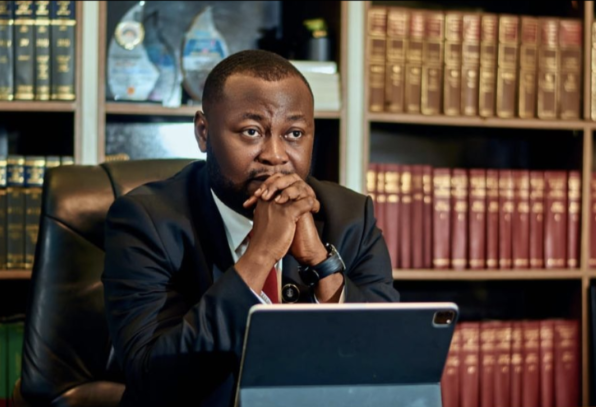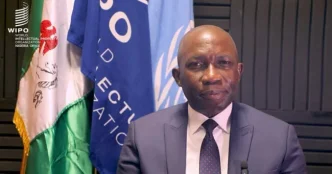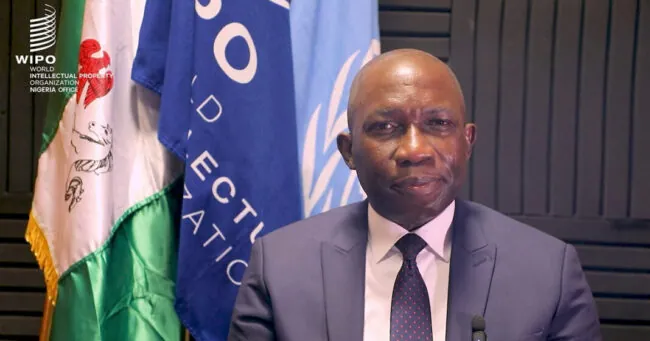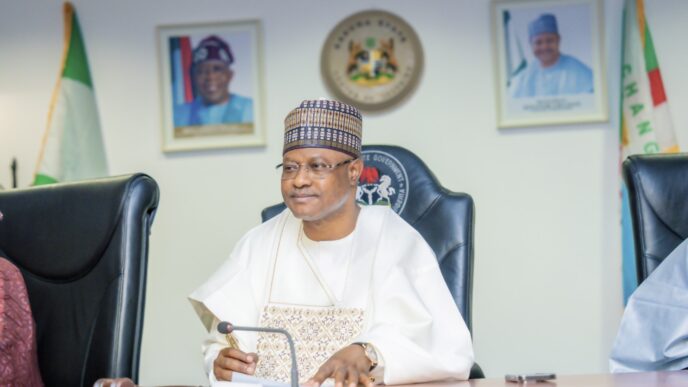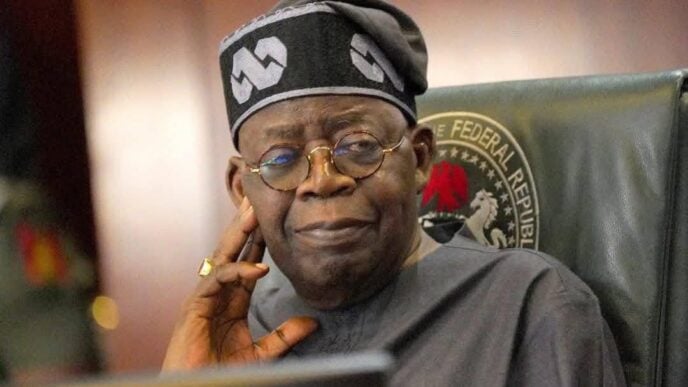Pelumi Olajengbesi
Pelumi Olajengbesi, human rights lawyer, says Adeyeye Ogunwusi, the Ooni of Ife, acted within cultural and legal rights in conferring the Okanlomo title on businessman Dotun Sanusi.
Abimbola Owoade, Alaafin of Oyo, had disputed the authority of Ogunwusi to confer the chieftaincy title.
The Oyo monarch described the Ooni’s action as a direct challenge to his exclusive right to confer titles that span the entire Yorubaland.
The Alaafin demanded the revocation of the title conferred on Sanusi within 48 hours, warning that there would be consequences if his directive is not heeded.
Advertisement
In a statement on Tuesday, Olajengbesi disputed the Alaafin’s claim that he is the ultimate authority on pan-Yoruba affairs.
He described the Alaafin’s stance as “wholly gratuitous and constitutionally unsound”, arguing that it represents an unwarranted attack on Yoruba heritage and revives a jurisdictional dispute unsupported by law or history.
“The Ooni of Ife acted squarely within his lawful, ancestral, and cultural prerogatives. These prerogatives are sui generis, inherent, and incapable of usurpation by any other stool. They derive from the very normative foundation of Yoruba civilization,” he said.
Advertisement
He noted that Ile-Ife is widely recognised as the cradle of the Yoruba people, where Oduduwa, the progenitor, established the legitimacy from which all Yoruba kingdoms, including Oyo, derive authority.
“As a lawyer who has litigated chieftaincy disputes, I affirm that no statute, Supreme Court judgment, or constitutional instrument grants exclusive pan-Yoruba jurisdiction to the Alaafin,” he added.
“The law recognizes traditional rulers through state chieftaincy statutes, not residual claims of imperial conquest.”
Olajengbesi cautioned against misinterpreting supreme court decisions, stating that judicial rulings are case-specific.
Advertisement
He described the Okanlomo of Oodua title as a cultural honour symbolising fraternity and solidarity, well within the Ooni’s traditional role as custodian of the Yoruba identity.
“With the greatest respect, the oft-cited Supreme Court decision that purportedly vested Alaafin authority now exaggerated must be properly confined to its facts,” he said.
“Judicial pronouncements are case-specific, and no ratio decidendi of that Court has ever declared the Alaafin the sole custodian of Yoruba legitimacy.
“No statute in any Yoruba-speaking state vests exclusive authority in the Alaafin to confer titles of pan-Yoruba significance, and the Court cannot by judicial fiat extend such jurisdiction.
Advertisement
“The conferment of the title Okanlomo of Oodua on Chief Dotun Sanusi, a distinguished Yoruba entrepreneur and philanthropist, is not a political office or military command. It is a cultural honour, symbolic of fraternity and solidarity.
“Such honours fall well within the Ooni’s remit as custodian of Yoruba identity.”
Advertisement

